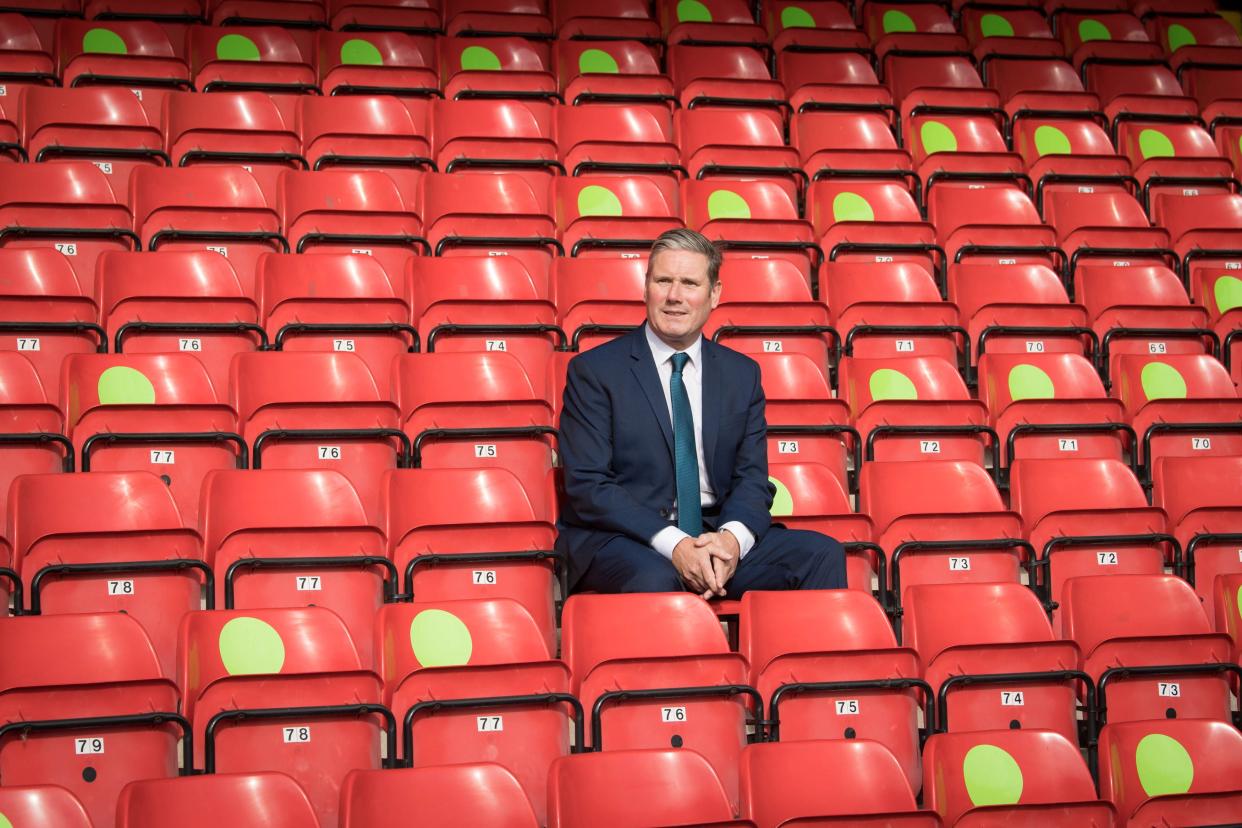Labour and Conservatives tied in poll for first time since Boris Johnson became leader last year

Labour has caught up with the Conservative in the polls for the first time since Boris Johnson was named party leader and prime minister, according to YouGov.
The latest poll from the agency put both Keir Starmer’s party and Mr Johnson’s Tories at 40 per cent following a survey of 1,618 adults across 16 and 17 September.
The opposition party has gradually chipped away at the lead held by the Conservatives in the wake of the coronavirus crisis — with a previous YouGov poll conducted on 9 September showing the Conservatives on 42 per cent and Labour on 37 per cent.
A poll by Opinium on 30 August has also showed the two parties to be level.
According to YouGov data, Mr Johnson’s party has held an unassailable lead since June 2019, when the Liberal Democrats came out on top with 22 per cent support to 19 per cent a piece for Labour and 17 per cent for the Conservatives.
Mr Johnson became prime minister in July last year, five months before winning the largest Conservative election victory since 1987 with an 80 seat majority.
However while the Labour Party has struggled to make inroads against the ruling Conservatives, Sir Keir’s individual polling has consistently placed him ahead of the PM.
Some 35 per cent of YouGov respondents said they preferred the Labour leader, while 30 per cent favoured Mr Johnson.
It comes after the Tory leader’s own MPs have bemoaned his tendency to U-turn on controversial policies as Downing Street attempts to chart a course through the pandemic while continuing with his domestic agenda and agreeing a future relationship with the EU.


